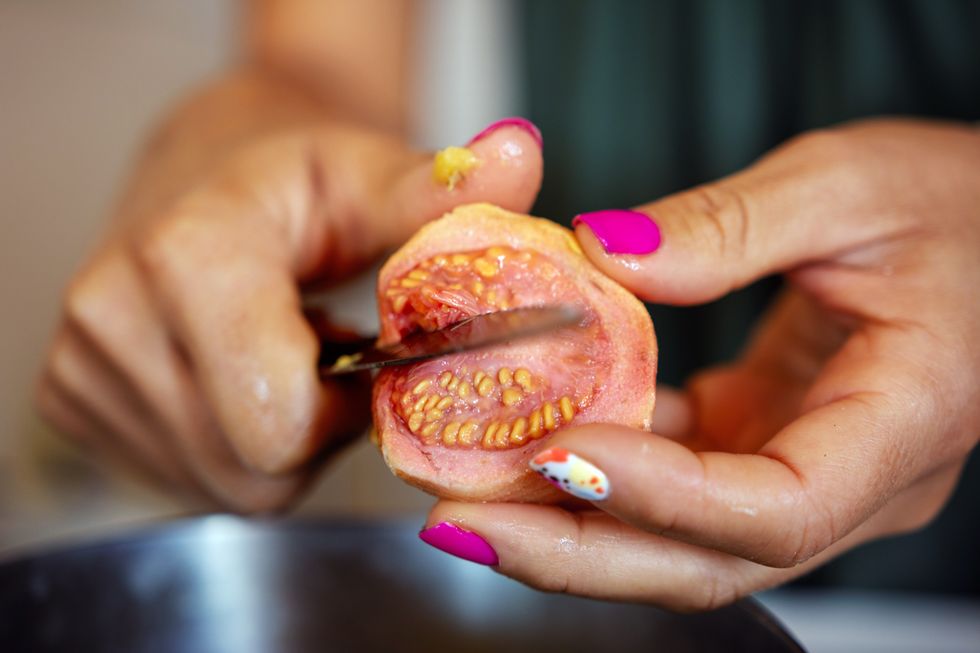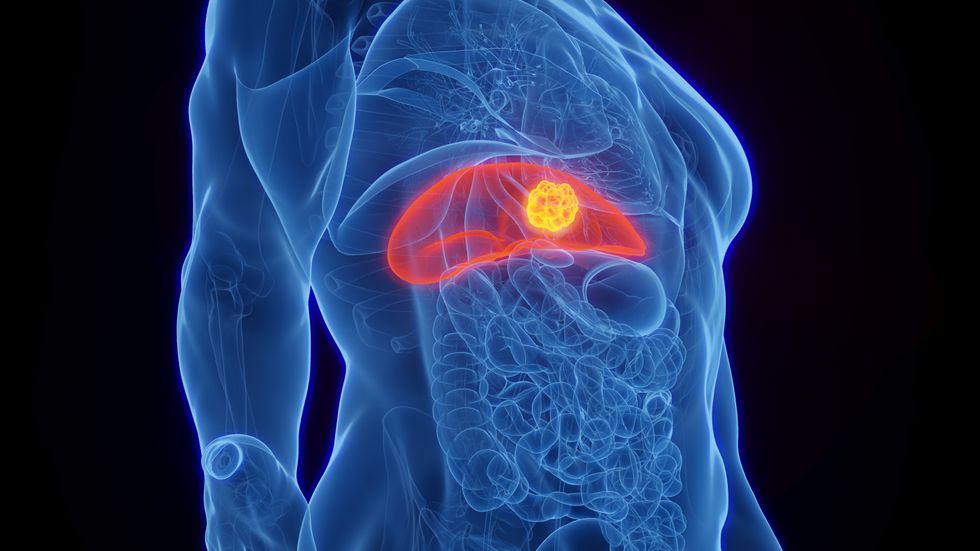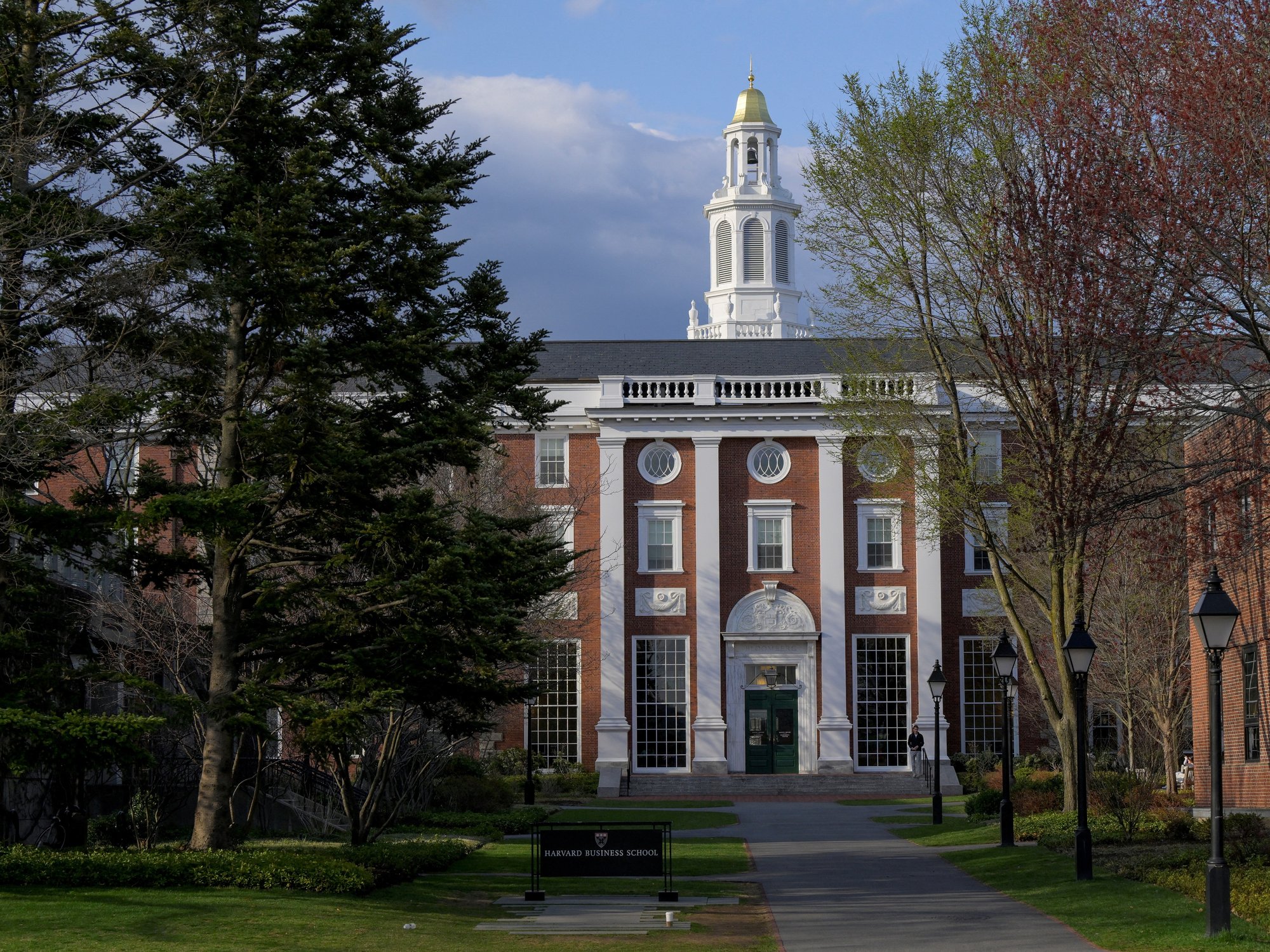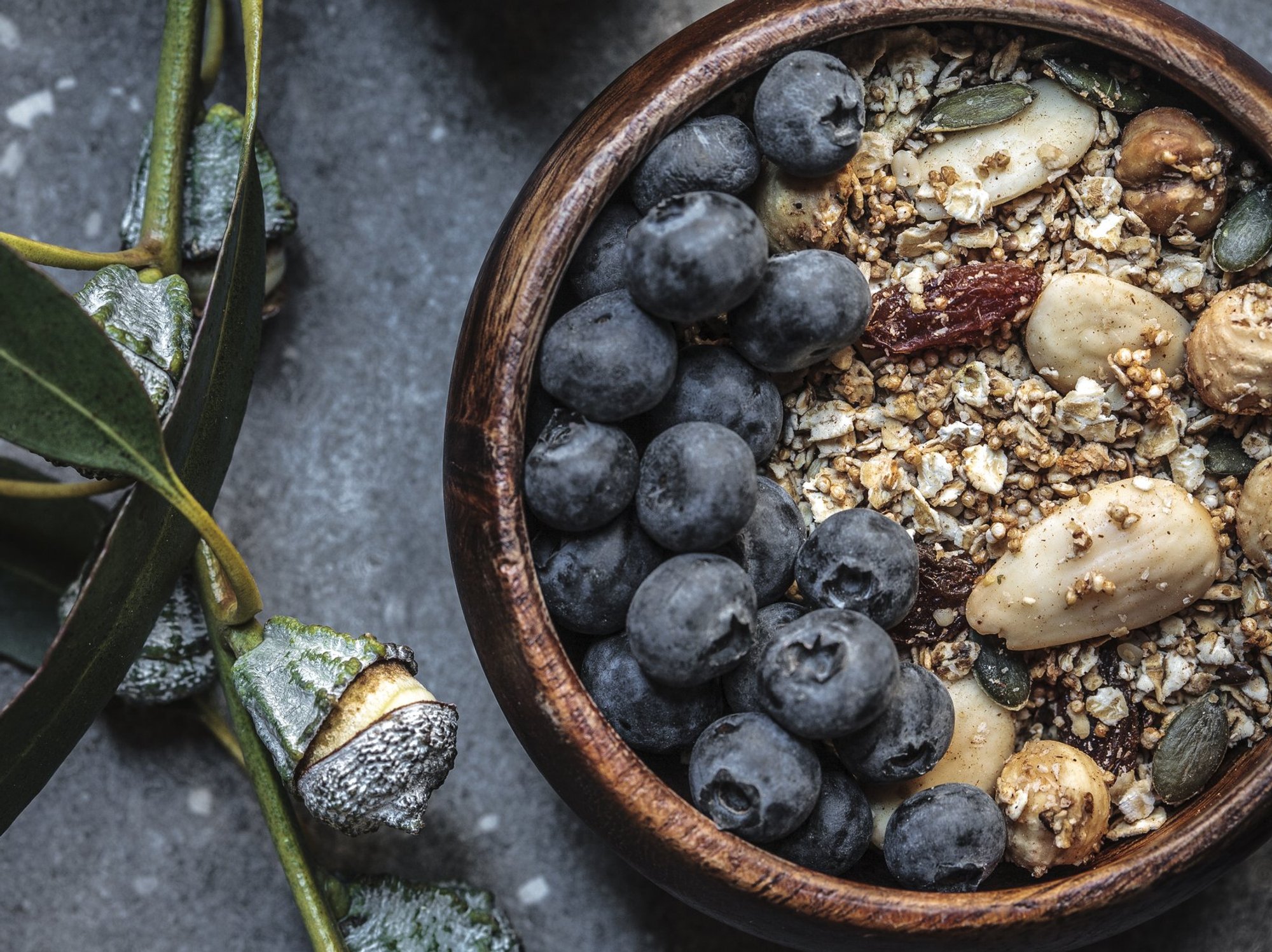Liver cancer breakthrough as scientists crack way to produce disease-fighting compounds from tropical fruit

The disease currently affects thousands of people annually
Don't Miss
Most Read
Scientists have created a synthetic method to produce cancer-fighting molecules naturally found in guava plants, offering new hope for liver cancer treatment.
The breakthrough, by researchers at the University of Delaware, addresses a critical challenge in medicine production, where natural resources are insufficient to meet treatment demands.
The research team has successfully developed a laboratory process to manufacture compounds that combat liver cancers, which rank among the leading causes of cancer deaths globally.
Their innovative approach could transform treatment accessibility for a disease that claims over 30,000 lives annually in the United States alone, where late-stage survival rates remain below 15 per cent.

Scientists transformed commonly available chemicals in guava into therapeutic molecules
|GETTY
This method, which employs a technique known as natural product total synthesis, transforms commonly available chemicals into the therapeutic molecules that occur naturally in guava plants.
"The majority of clinically approved medicines are either made from a natural product or are based on one," explained associate professor William Chain from the Department of Chemistry and Biochemistry, who employs a technique known as natural product total synthesis.
"But there aren't enough natural resources to make enough treatments. Now chemists will be able to take our manuscripts and basically follow our 'recipe' and they can make it themselves."
The synthetic pathway overcomes the limitations of harvesting these compounds directly from tropical fruit sources.
Chain's team published their findings in Angewandte Chemie, providing a "recipe" that allows chemists worldwide to produce these molecules cheaply and efficiently for potential treatments.
The publication in the prestigious international chemistry journal marks the first successful synthesis of these particular guava-derived compounds.
A doctoral student in Chain's laboratory, Liam O'Grady, and the paper's lead author, broke down the pioneering nature of their work.
"We are the first ones to pave that road, and other people can repave it any which way. Find the shortcuts if they have to," he explained.
"But since we entered into that unknown territory, I think we helped shed light on this unknown pathway that can get us there. And I think that's the cool part," O'Grady said.
LATEST DEVELOPMENTS

Liver cancer claims over 30,000 lives annually in the United States alone
|GETTY
With liver cancer affecting thousands annually and current survival rates below 15 per cent for late-stage cases, this discovery could transform treatment accessibility while the team explores applications for other cancers.
The disease burden continues to escalate, with projections indicating that one in 125 individuals worldwide will develop hepatocellular cancer during their lifetime.
In America, more than 42,000 new diagnoses are expected in 2025, while chemotherapy treatments represent a multi-billion-dollar healthcare expense.
The University of Delaware researchers are collaborating with the National Cancer Institute to advance their work and investigate whether these synthetic guava-derived molecules might prove effective against additional cancer types beyond liver malignancies.











